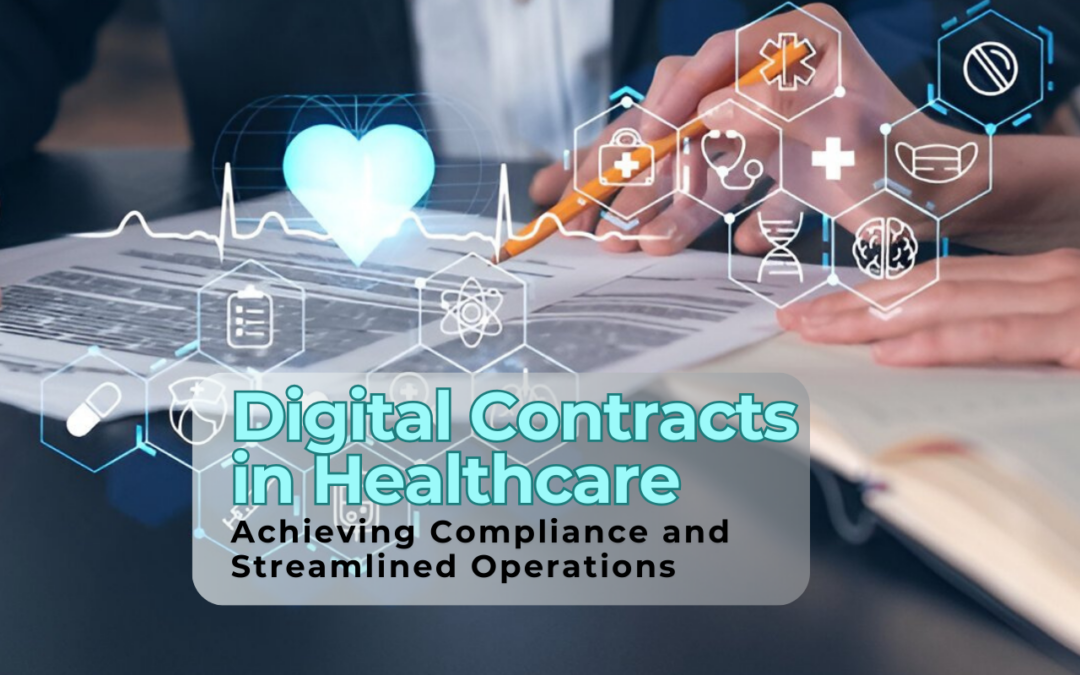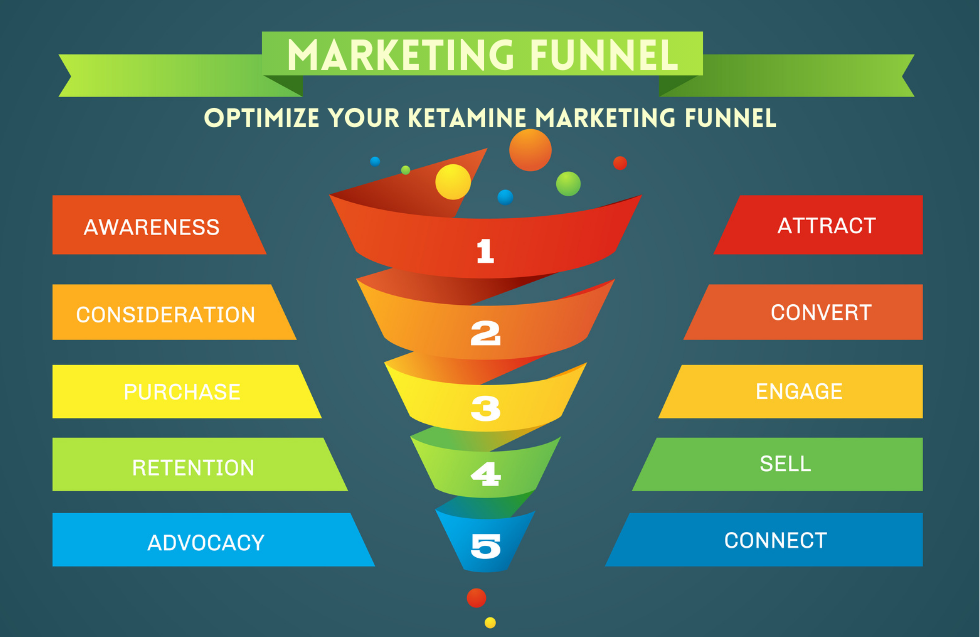The healthcare industry operates under strict regulations and complex operational demands, making the management of contracts a critical aspect of its success. From vendor agreements to patient consent forms, healthcare providers handle numerous contracts daily, each with significant legal and ethical implications. Digital contract solutions have emerged as an effective way to ensure compliance, improve efficiency, and reduce the administrative burden associated with traditional contract management methods.
Addressing the Complexity of Healthcare Contracts
Healthcare contracts often involve a diverse range of stakeholders, including suppliers, insurers, service providers, and regulatory bodies. Each agreement must meet stringent compliance standards, adhere to privacy laws, and support organizational objectives.
Managing these contracts manually can result in errors, inefficiencies, and missed compliance deadlines. The best contract software simplifies this process by centralizing contract storage, automating workflows, and ensuring that all agreements meet the required legal and regulatory standards.
Ensuring Regulatory Compliance
Compliance is a top priority in healthcare, with regulations such as HIPAA, GDPR, and state-specific laws governing how contracts must be handled. Failure to comply can result in hefty fines, reputational damage, and potential legal action.
Digital contract solutions help healthcare organizations stay compliant by embedding regulatory requirements into their workflows. Automated reminders for contract renewals and deadlines ensure that no critical tasks are overlooked. Additionally, these systems maintain a comprehensive audit trail, providing a clear record of all contract-related activities for regulatory inspections or internal reviews.
Protecting Patient Privacy
Patient confidentiality is a cornerstone of healthcare, and contracts often include sensitive information that must be safeguarded. Digital contract systems offer secure storage solutions that protect sensitive data through encryption, role-based access controls, and compliance with data protection standards.
This level of security ensures that only authorized personnel can access or modify contracts, reducing the risk of data breaches and unauthorized disclosures. By maintaining strict privacy protocols, healthcare organizations can uphold patient trust and meet their ethical obligations.
Streamlining Vendor Agreements
Healthcare organizations rely on a vast network of vendors to supply medical equipment, pharmaceuticals, and other essential services. Managing these vendor agreements efficiently is crucial for maintaining uninterrupted operations and ensuring cost-effectiveness.
The best contract software provides tools for streamlining vendor agreement management. Features such as automated approval workflows, real-time collaboration, and centralized storage make it easier to negotiate terms, track performance, and renew contracts on time. These capabilities reduce administrative delays and improve the organization’s ability to manage its vendor relationships effectively.
Supporting Clinical Trials and Research
Clinical trials and research initiatives generate complex contractual requirements, including agreements with sponsors, research institutions, and participants. Managing these contracts requires accuracy, transparency, and adherence to strict ethical guidelines.
Digital contract systems simplify the management of clinical trial agreements by standardizing templates, automating approval processes, and tracking milestones. These tools ensure that all parties are aligned on responsibilities and timelines, reducing the risk of delays or misunderstandings.
Improving Operational Efficiency
Administrative tasks in healthcare, including contract management, can consume significant time and resources. Manual processes often involve redundant steps, such as printing, scanning, and physically storing documents.
Digital solutions eliminate these inefficiencies by automating repetitive tasks and digitizing document workflows. Healthcare organizations can generate, review, and sign contracts electronically, significantly reducing turnaround times. This improved efficiency allows staff to focus on patient care and other high-priority activities.
Facilitating Collaboration Across Teams
Healthcare contracts often require input and approval from multiple departments, including legal, compliance, and finance teams. Miscommunication or lack of coordination can lead to delays and errors.
The best contract software facilitates collaboration by providing a shared platform where teams can access and edit contracts in real-time. Role-based permissions ensure that each team member has the appropriate level of access, while automated notifications keep everyone informed of updates and deadlines.
Tracking Key Metrics
Data-driven insights are valuable for healthcare organizations aiming to optimize their contract management processes. Digital contract systems provide analytics tools that track key metrics, such as contract performance, renewal rates, and compliance adherence.
These insights enable organizations to identify areas for improvement, mitigate risks, and make informed decisions about future agreements. By leveraging analytics, healthcare providers can enhance their operational effectiveness and ensure long-term success.
Preparing for Future Challenges
The healthcare industry is constantly evolving, with new regulations, technologies, and patient expectations shaping its landscape. Digital contract solutions provide the flexibility and scalability needed to adapt to these changes.
Whether managing new compliance requirements, expanding operations, or integrating emerging technologies, the best contract software ensures that healthcare organizations remain prepared for the future.
Conclusion
Digital contracts are transforming how the healthcare industry manages its agreements, offering solutions that enhance compliance, efficiency, and security. By adopting the best contract software, healthcare organizations can navigate the complexities of regulatory requirements, safeguard sensitive data, and streamline their workflows.
These tools not only address current challenges but also position healthcare providers for sustained success in a rapidly changing environment. As the sector continues to prioritize efficiency and patient care, digital contract solutions will remain an essential component of effective healthcare management.













